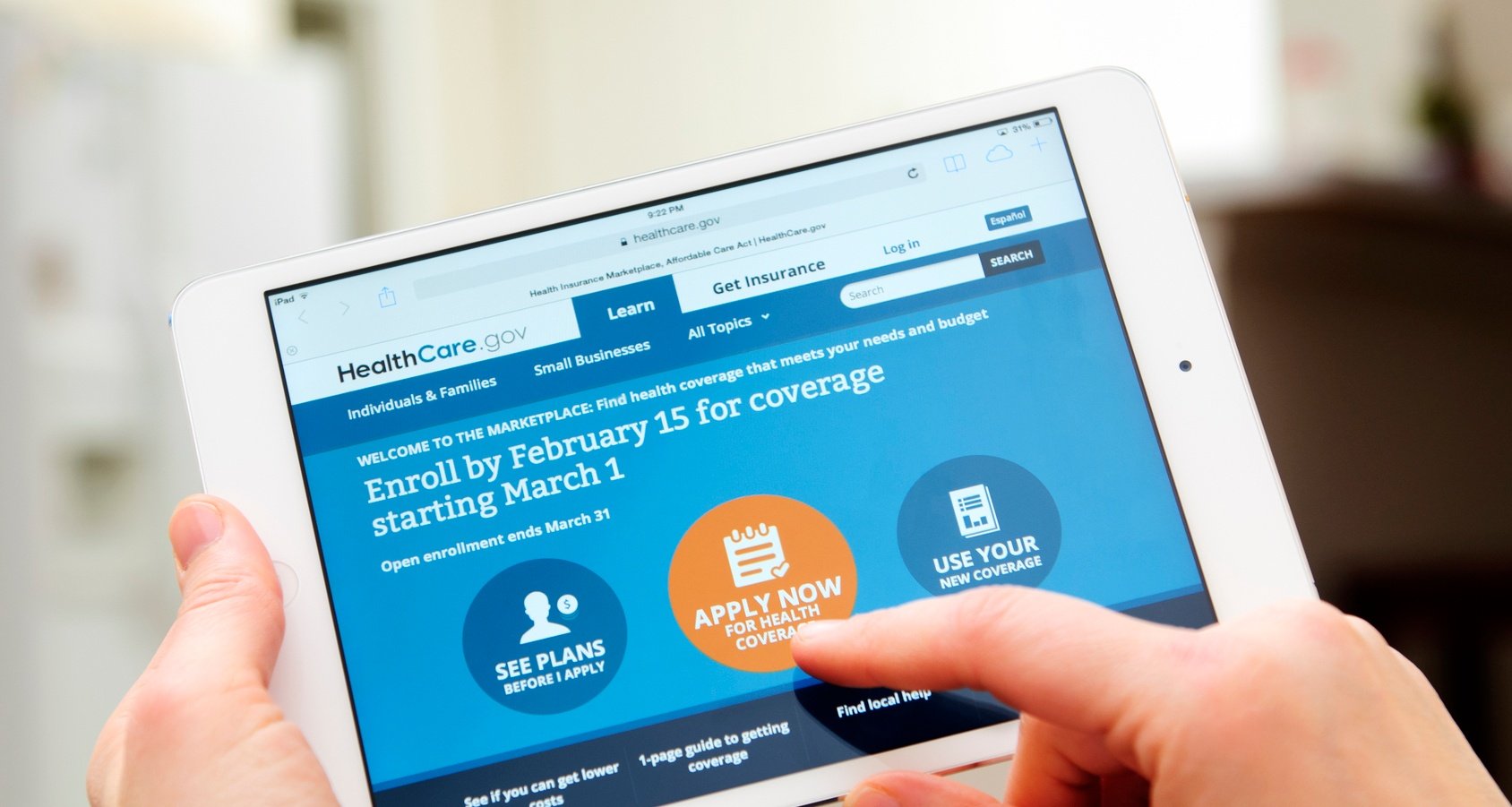Stay up to date.
Stay connected with tips, resources & stories on language access.

The health insurance exchanges created by the passage of the Affordable Care Act (ACA) have pushed new consumers into the market and increased the pressure on health insurance providers to become more competitive.
Additionally, the law has imposed regulatory requirements on insurers that want to participate in exchanges. Many of these requirements are related to language access for Limited English Proficient (LEP) individuals, who make up the fastest growing segment of the U.S. population.
If your company is currently participating in a health insurance exchange, or considering whether to participate, here are four language access facts you need to know:
According to the final rule implementing Section 1557 of the ACA, covered entities must take reasonable steps to provide “meaningful access” to care and coverage for individuals who are Limited English Proficient, which includes:
For more detailed information on the language access requirements under Section 1557, check out our most recent blog post, Section 1557: The Who, What, When and Why.
Section 1311 of the ACA introduces a payment structure that provides additional compensation for plans that take actions to increase the quality of care they offer. While the exact meaning of this has yet to be clearly defined, the National Health Law Program notes that this could include the use of language services.
In practice, this means that your company may qualify for greater reimbursements by ensuring a high level of language services and support.
In addition to ensuring meaningful access for limited-English speakers, the ACA also provides protections for individuals who are deaf or hard of hearing. Covered entities must provide auxiliary aids and services — such as qualified American Sign Language (ASL) interpreters and video remote interpreting services — to individuals with disabilities, free of charge and in a timely manner.
Section 1557 of the ACA states that, "a covered entity shall take reasonable steps to provide meaningful access to each individual with limited English proficiency eligible to be served or likely to be encountered in its health programs and activities."
In simpler terms, this means that the language assistance requirement is not limited to just current plan enrollees, and covers anyone "eligible to be served" or "likely to be encountered," which includes a limited-English speaker's family members, spouse, or same-sex partner, if they are also Limited English Proficient.
The same protections exist for patients with disabilities, including those who are deaf or hard of hearing. According to the final rule, covered entities must provide auxiliary aids and services, such as qualified ASL interpreters, to deaf or hard-of-hearing family members, spouses or same sex partners.
How can you ensure compliance? We're here to help.
Trusted as the sole provider of telephone interpreting and written translation for the Centers for Medicare & Medicaid Services (CMS), GLOBO can ensure that you're compliant with the requirements of the ACA. Getting started with GLOBO is simple and fast. |